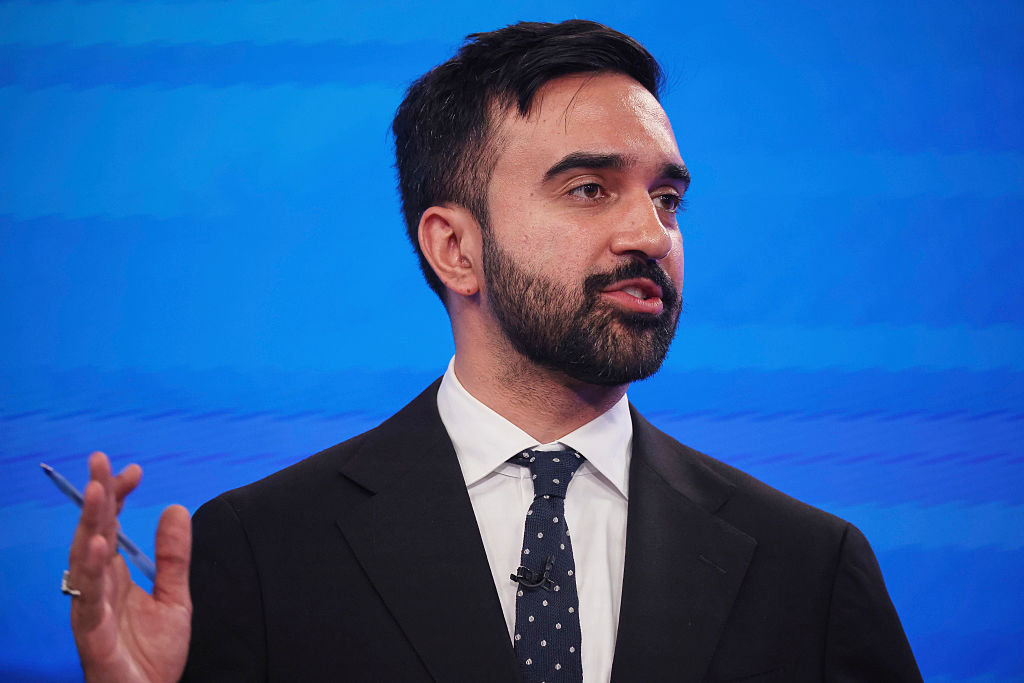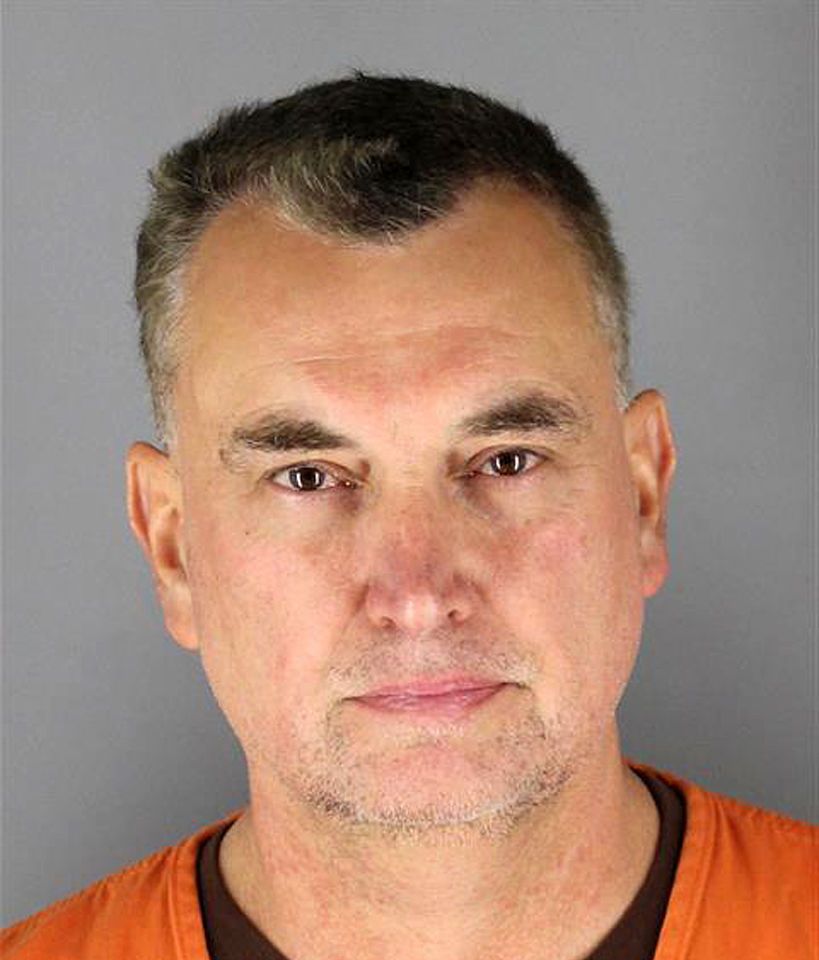Millennials Are Getting Better At Saving Money
Slash $3 A Day From Budget? Here Is How To Reach Savings Goals
Remember when Kendrick Lamar received all kinds of flak for getting his sister a Camry for graduation? Well, it looks like he was really on to something.
Saving money is a chore more and more millennials are voluntarily signing up to do. Young adults between the ages of 18-26 are cutting back on spending and the top reason noted is to increase their savings, according to a recent study released by Bankrate. The report finds that more twentysomethings are being financially strategic but not sacrificial—think getting the $5 latte twice a week versus every day or brown bagging three or four lunches weekly— as a way to have a win/win (a little savings and a lot of good, everyday living).
The train of thought behind this trend is pretty clear: Being broke isn’t cool. Only 4 in 10 adults report having enough cash on hand to cover small emergencies—and we’re talking about $500, not $5,000. The average student loan debt is $30,000. And the unemployment rate of young adults is twice the rate of the national average. If folks don’t make tough choices now, they’re setting themselves up for a serious debt trap.
While increasing your savings is a great idea, peer or social pressure won’t make anyone stash money they don’t have. The question is always how— particularly for first-generation, college-educated minorities who don’t have familial support but do have high debt— do you find the money to save when you’re barely scraping by? There is no simple answer. Each person has to come up with his or her own formula to become financially solvent.
One universal suggestion? Talk to a financial planner. Too many people think money advisors are only for folks with a large net worth. Wrong. You can consult with an advisor—think one-time session annually—at any salary. The goal is to find an expert to craft a plan that helps you move forward, and gives you some insight into what you should consider when it comes to future money moves. The typical fee for this service is less than two brunch dates and is a way better investment.
The best saving tip is a small one, literally. Saving as little as $3 per day gets folks to the $1000 mark for an emergency fund in 12 months. Wherever you are with your finances, make saving a priority. Getting your money up isn’t a maybe, it’s a must.
SOURCE: TMZ, Bankrate, USA Today, Ball State Daily
SEE ALSO:
With Chinese Racism Against Black People, Can LiAngelo Ball And UCLA Players Get A Fair Trial?
Keisha, Kamala: Ethnic Names No Longer Represent Barriers For Black Political Candidates
Slash $3 A Day From Budget? Here Is How To Reach Savings Goals was originally published on cassiuslife.com















